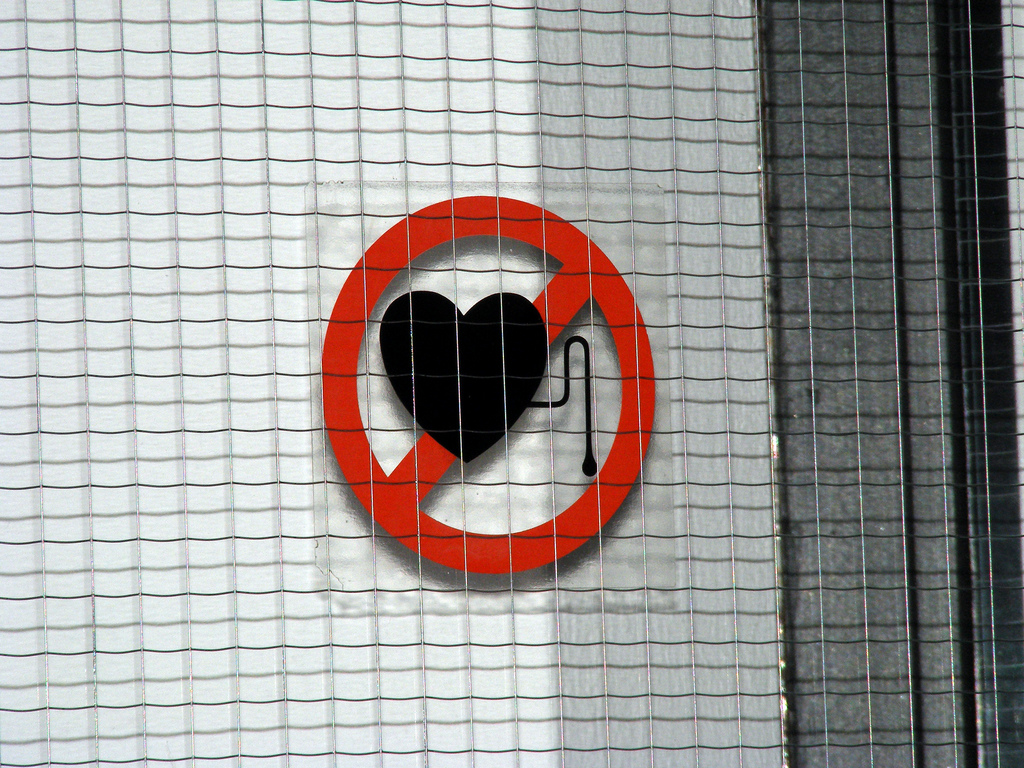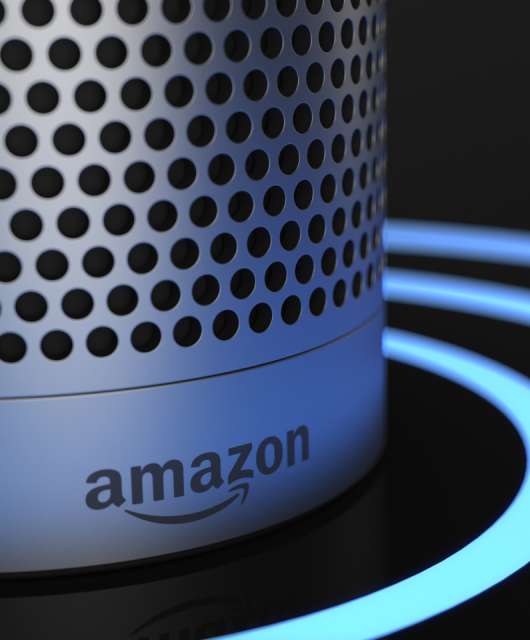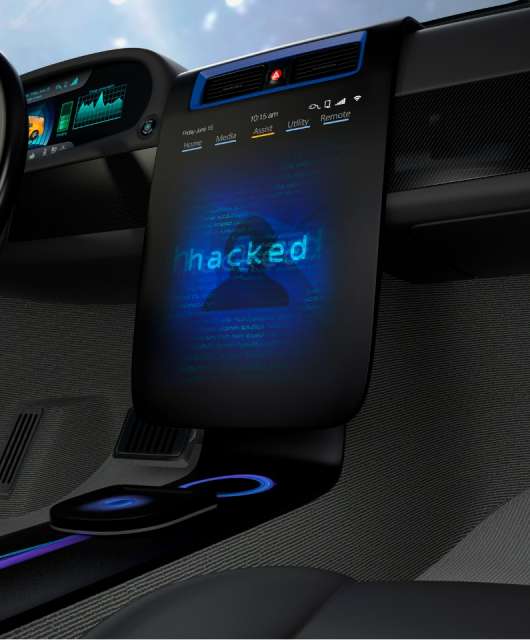Home networks are getting smarter – and busier. From lightbulbs to smart speakers to printers, the number of WiFi devices we use continues to grow each year.
Although extremely useful, each device increases the risk of falling victim to hackers. Every device you connect is another potential point of attack. So how do you protect yourself?
Here are three top tips for protecting your home network.
Change your passwords
Every smart device has a default password so you can complete initial set-up. But many people never bother to change this password. Importantly, the default password is almost certainly the same for every similar device sold. This makes it incredibly easy for hackers to break in and take control of your devices because they can simply ‘guess’ the default password for the device.
As part of your set-up routine you must change the administrator password for each new device. And not just any password – choose a strong, long password that contains letters, numbers and special characters. You can use a tool like Panda Dome Passwords to generate and store secure passwords quickly and easily.
Don’t share your WiFi
Friends and family will often ask to use your WiFi when visiting. And although you know these people, they can still pose an unintentional security risk. Once their smartphone or tablet has connected, the device stores your network details and password to make it easier to connect in future. But if your friend’s computer is ever hacked, cybercriminals can steal these details allowing them to break into your network at some point in the future.
Most home routers now offer a ‘guest network’ function. This acts like a separate WiFi network, allowing your trusted friends and family to use their apps on the internet. However, devices on the guest network cannot access your main network, helping to protect your devices and data from hackers.
Be selective about smart devices
Even the most mundane household devices now offer WiFi connectivity – washing machines, tumble dryers, ovens, dishwashers, refrigerators etc. Many also provide smartphone apps allowing you to track progress of a load of washing or similar. But will you really use this functionality? Is the app really useful or is it just a gimmick?
If the answer is no, consider not adding the device to your network. Most ‘smart’ devices function perfectly normally without WiFi, so you don’t have to join it. And always remember – every additional device connected to your WiFi is another potential attack point. The fewer devices you have on your network, the less opportunity for a hacker to break in.
So there you have it, three more ways to protect your home network over Christmas and into the New Year. Good luck!







